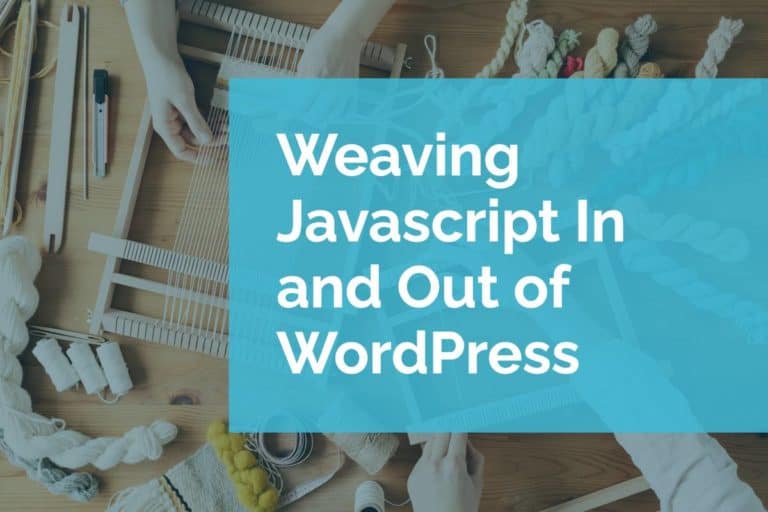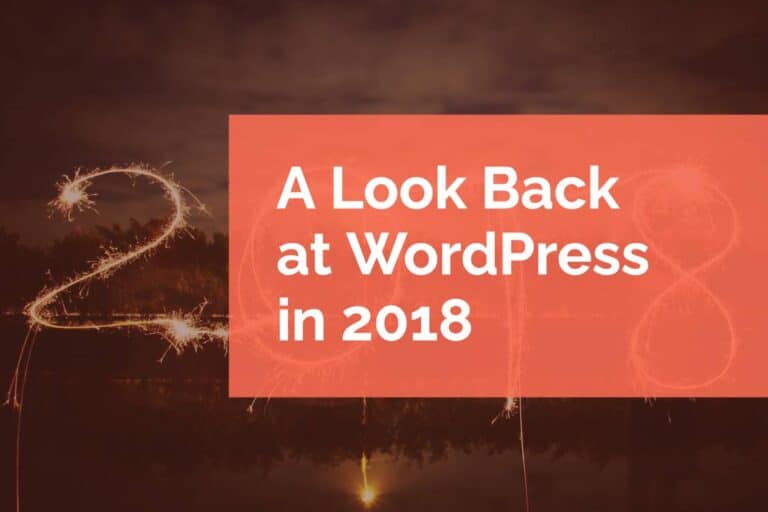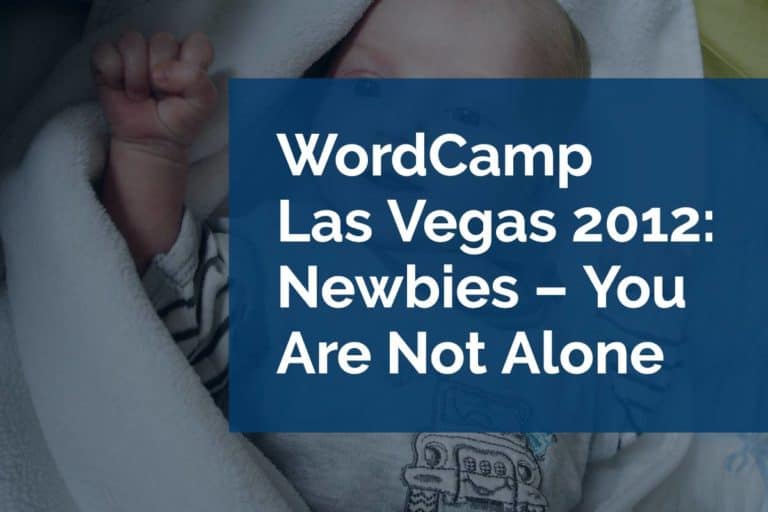The Future of WordPress
For the first time in recent years, there are some questions about the future of WordPress. In June of 2022 there was a decline in the percentage of websites that were powered by WordPress. Is this the end of WordPress’ dominance of the website market? Should we abandon the platform for greener pastures?
Probably not.
Reasons for Market Share Decline
WordPress has had sustained market growth for over 8 years. And while this has been used as a proof-of-concept statistic for the WordPress community it should always be taken with a grain of salt. Now that we’ve seen the first negative change in that number, we should maintain a healthy skepticism. The future of WordPress is not tied to the number of sites on WordPress alone.
So why are we seeing a decline? The answer to this is complicated. As the economy tightens, fewer new websites are being planned and executed. Those that are most likely have a smaller budget so may be good candidates for simple solutions like Wix, Squarespace, or Shopify. All of those competitors have fairly aggressive marketing plans for that growth. We may be seeing that the competition is succeeding. As we’ve mentioned before, some of the motivations for full site editing (and future changes) are to compete with an easier workflow.
We may also be seeing some attrition of existing sites. Websites that were started in 2020 or 2021 may just now be winding down. This can be a plan gone awry, a change in tactics, or even just plans that haven’t been acted on. Creating a WordPress site is very easy, but building out and maintaining a WordPress site requires more effort. Many planned sites may be expiring and going offline.
A Realistic Look at Growth
Regardless of the reasons for the decline, there is a strong argument to make that growth should not be measured by the number of sites alone. Similar to flaws with the way budgets are calculated or our economy – continuous growth is an unrealistic expectation. We would argue that unchecked growth, take population, for example, can be detrimental to the system as a whole.
Healthy, long-term growth should be the goal over a quick ramp-up. WordPress has embarked on the retrenchment of its core code. A retrenchment that started with the Gutenberg editor, and has a significant phase before it’s complete. By the end of the process, much of WordPress’ core will be different from when we started the process and indications are that this is for the better.
The Future of WordPress is Bright
This focus on the new object-oriented approach to code is a healthy step for the future. We may continue to see a dip in the number of sites in the short term, but it’s a good corrective step to take now. Focusing on the new model should make site users more successful. Sites will be easier to build, maintain, and edit. The new approach should provide better site speeds or ways to choose speed optimizations that are more accessible to all users. It also should make advanced techniques, like headless development, easier to accomplish.
There will be some pain in this process. It may be learning a new workflow or changes to tools we’ve been using. It may mean adapting to quick changes over a shorter period of time. Or it may be that we’re seeing the first of these pain points in a reduced market share. The WordPress community is the best tool to lean into to stay informed of these changes and how you can benefit from them. A little pain now should prove worthwhile in the long run. If you need help on the journey, feel free to reach out to us.






